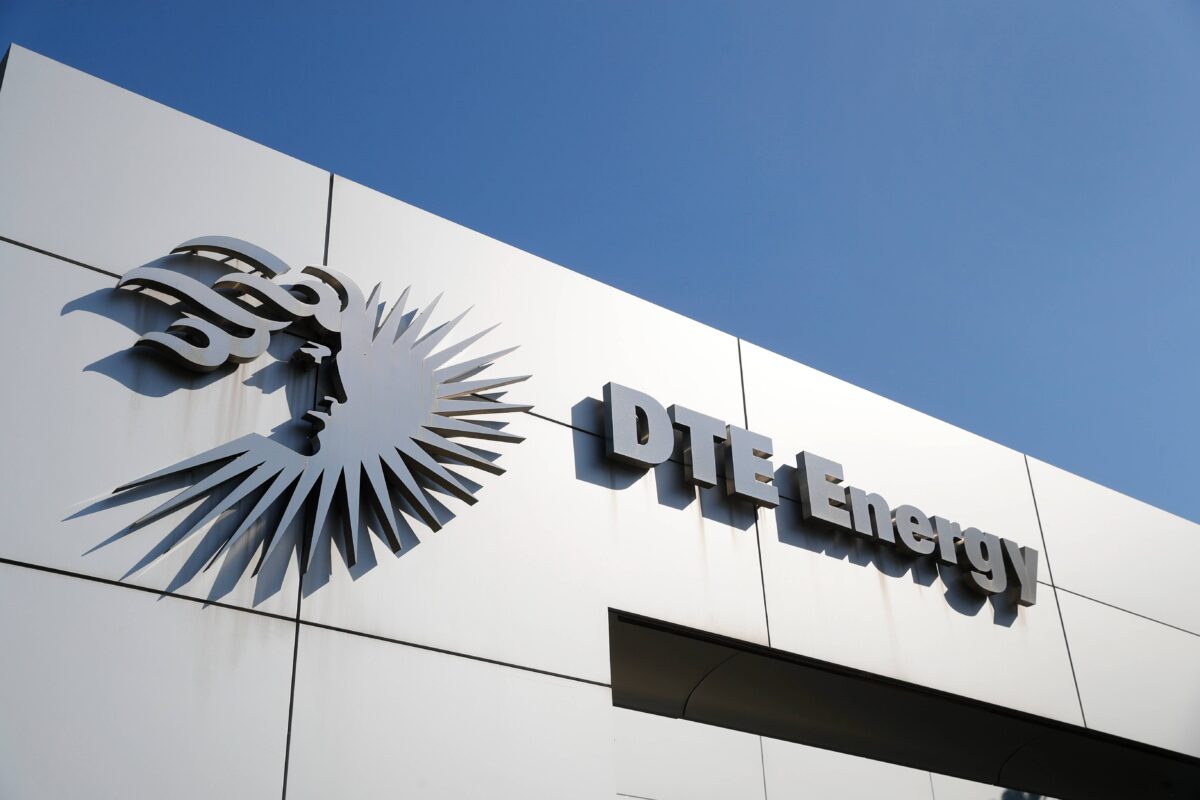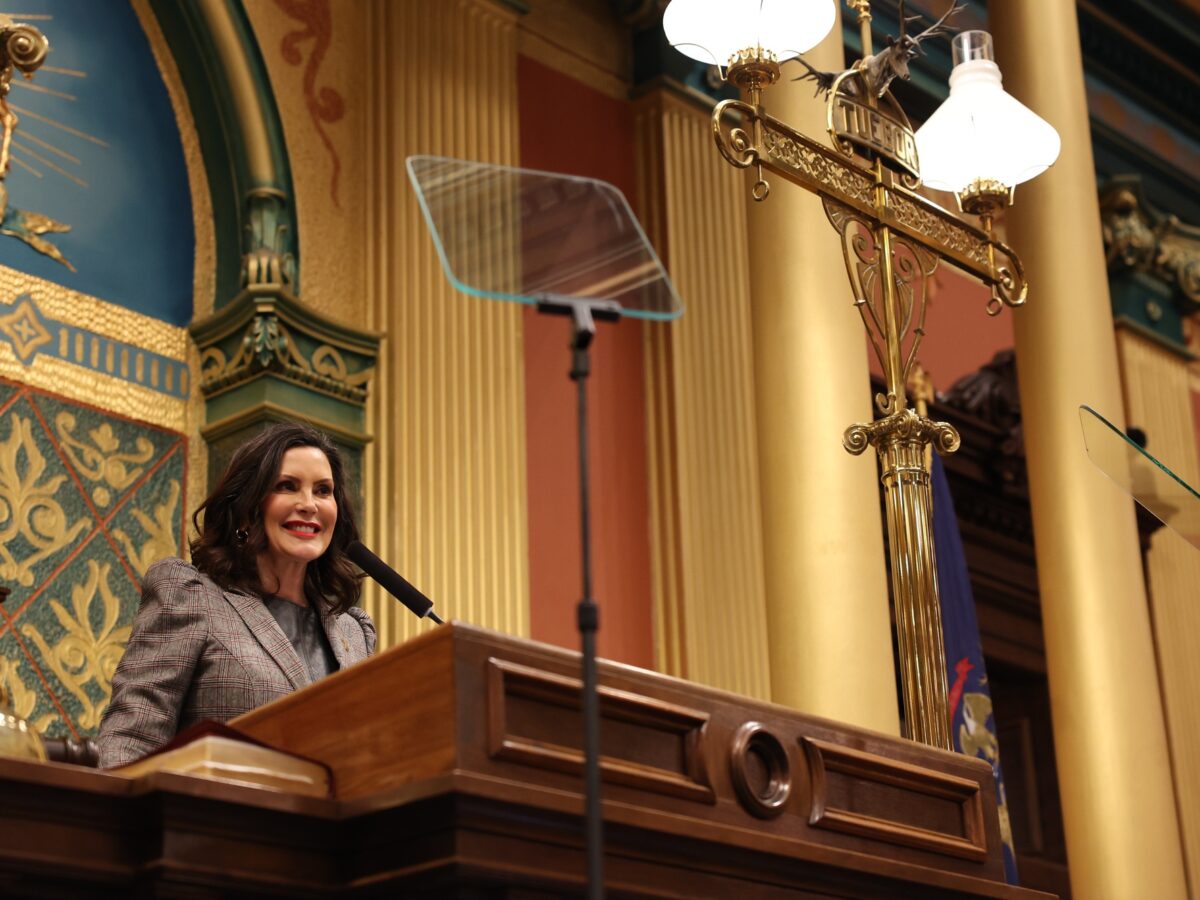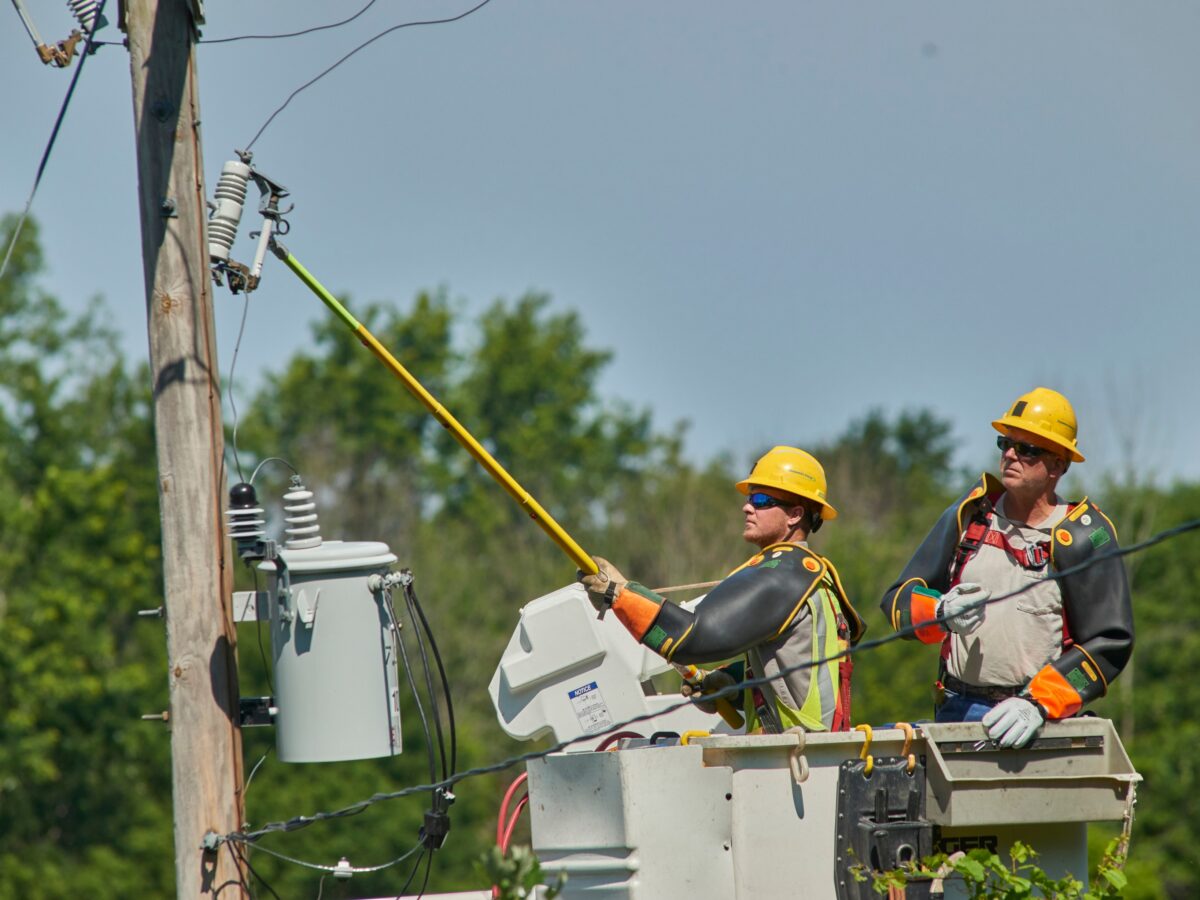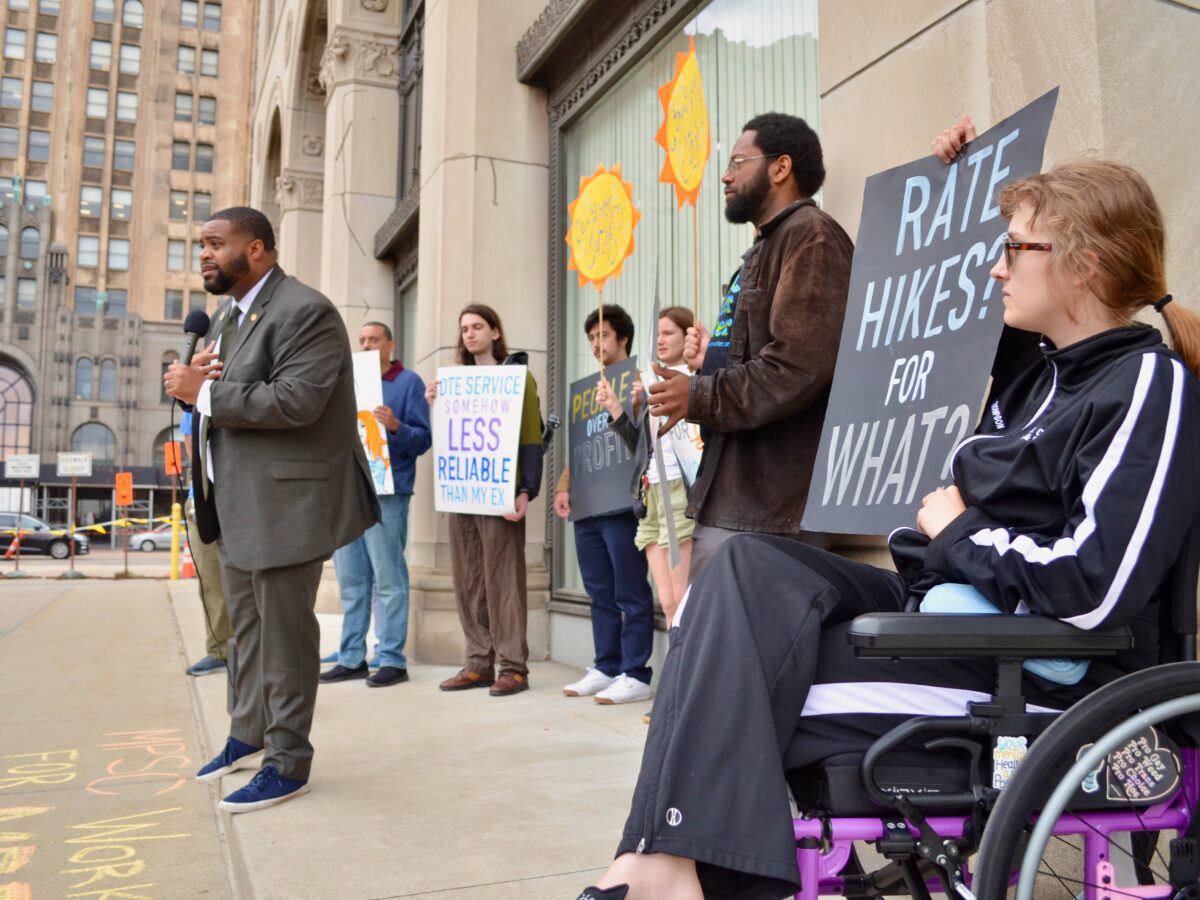Overview:
-Michigan ballot drive aims to ban political contributions from regulated monopolies and companies with government contracts over $250,000, or those seeking contracts.
-The petitioners will need to collect 357,000 signatures to get in front of voters in November 2026.
-"There is a vicious appetite in Michigan to get money out of politics," says Ken Whittaker, executive director at Michigan United and Michigan United Action.
Michigan activist groups launched a ballot question drive Monday to prevent DTE Energy, Consumers Energy, and other large companies doing business with the state from contributing to political campaigns.
The move follows years of poor reliability from the utilities, while Michigan customers pay the highest electricity prices in the region.
Representatives for the Michiganders for Money Out of Politics campaign argue utilities have dodged accountability by investing in the political system rather than better service.
“Michigan is a cautionary tale, a state where corporate money has brought political silence and inaction,” Ponsella Hardaway, executive director for the nonprofit MOSES — Metropolitan Organizing Strategy Enabling Strength — said on a Monday press call to announce the proposed ballot measure.
If placed in front of Michigan voters and approved, the ballot measure would ban political contributions from regulated monopolies and companies with government contracts over $250,000, or those seeking such contracts.
The measure includes reporting requirements for dark money nonprofits that show spending on ads that reference a candidate.
The group will need to collect 357,000 signatures to get the issue on the 2026 fall ballot and will use volunteers, said Kim Murphy-Kovalick, senior director of policy and programs with Voters Not Politicians. Organizers said there’s strong, bipartisan support for the measure.
After hearing a description of “take back our power” legislation introduced in 2024, 81% of Michigan voters supported it, while just 9% opposed the bills, according to a 2024 poll from Ann Arbor-based Emma White Research LLC. 90% of Democrats, 84% of Independents, and 66% of Republicans supported the proposal.
State Rep. Jim DeSana (R-Carleton) and Democratic Socialist Rep. Dylan Wegela (D-Garden City) are among the sponsors of a “take back our power” bill package reintroduced April 23 of this year to bar political spending by utilities and other monopolies doing business with the state.
“Whether you’re a card-carrying member of Democratic Socialists of America or a MAGA hat wearing Republican or anything in between, we hope to earn your support … The only thing that beats the power of organized money is the power of organized people,” said Sean McBrearty, Michigan state director for Clean Water Action.
DTE and Consumers defended their political contributions in statements to Planet Detroit.
“DTE Energy is committed to being a responsible corporate citizen and complies with all applicable laws regarding corporate donations and political contributions,” said DTE spokesperson Ryan Lowry.
The company has increased its disclosures “to increase transparency for all stakeholders” in compliance with integrated resource plan settlements, he said.
Consumers spokesperson Katie Carey said the company participates in “the legislative and political processes with a focus on compliance and transparency, and no customer funds are used for any political contributions.”
Both spokespeople said the utilities’ political donations are funded by employees and shareholders, not utility customers.
Amy Bandyk, executive director of the Citizens Utility Board of Michigan, has previously challenged this logic, saying “the revenue all comes from ratepayers.”
MORE REPORTING FROM PLANET DETROIT
DTE, Consumers could influence utility regulator appointment, advocacy groups warn
Environmental and ratepayer advocacy groups say Gov. Gretchen Whitmer’s expected decision not to reappoint Commissioner Alessandra Carreon is a setback for renewable energy and public engagement.
Consumers Energy files $436 million rate hike request: Customer advocate says it’s ‘slap in the face’
Consumers Energy says increase will improve reliability, while advocacy group says the utility needs to focus on maintenance rather than expensive infrastructure upgrades.
Detroit lawmaker calls out DTE Energy’s rates, reliability ahead of MPSC town hall
Detroiters face mounting challenges as high energy bills and power outages strain their finances. State Rep. Donavan McKinney advocates for legislation to curb utilities’ political influence and urges the MPSC to prioritize ratepayer voices in decision-making processes.
Organizers say Michigan utility spending blocks accountability
The organizers behind the ballot drive say that failures to reform utilities following a 2023 ice storm and to advance ratepayer priorities like higher customer credits following outages are consequences of the utilities’ political influence.
Roughly 700,000 Michiganders lost power, in many cases for days, during the February 2023 ice storm. The Michigan House and Senate held hearings to demand accountability from utility executives.
That same year, a DTE-backed nonprofit made a $100,000 donation to an account linked to then-Michigan House Speaker Joe Tate (D-Detroit), the Detroit News reported.
“Unsurprisingly, a huge grassroots push for greater utility accountability fell on deaf ears in Lansing after that contribution,” McBrearty said.
In the last legislative session, 120 of Michigan’s 148 lawmakers received money from DTE- and Consumers-associated political action committees, according to Bridge Michigan.
A group supporting Michigan Gov. Gretchen Whitmer received $750,000 from a DTE-backed group in 2022, according to a Detroit News report.
Organizers anticipate utilities will spend heavily to defeat the ballot measure, and said a groundswell of resident support can overcome corporate opposition.
“There is a vicious appetite in Michigan to get money out of politics,” said Ken Whittaker, executive director at Michigan United and Michigan United Action.
Voters Not Politicians led a successful 2018 effort to transfer oversight of legislative redistricting from lawmakers to an independent commission. Murphy-Kovalick said the group has begun training volunteers to collect signatures and organizers plan to host town hall events to raise awareness.
Voters Not Politicians gathered more signatures for its 2018 effort than what’s needed to put the MMOP Michigan proposal on the ballot, she said.
If the ballot measure passes, it remains to be seen whether DTE and Consumers could contribute to dark money nonprofits, which then donate to to lawmakers.
Clean Water Action’s McBrearty said the coalition is working with its legal team to craft language to address this issue.
Michigan United’s Whittaker said getting money out of politics is essential for Michigan’s democracy.
“The people who are writing a check, should not be the ones making the laws.”
The coalition said it intends to submit ballot language to the Michigan Board of State Canvassers in July. The ballot question committee will have 180 days to collect signatures to make the 2026 general election ballot.





